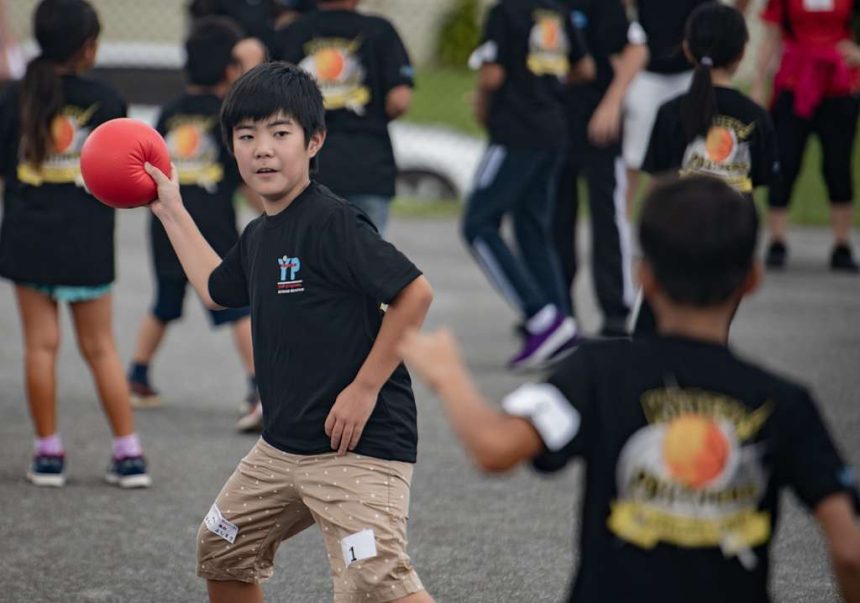Japan Confronts a Growing Heat Threat
Japan’s National Institute for Environmental Studies and Waseda University released a study warning that by the 2060s, rising temperatures may make outdoor sports unsafe for children across most of the country. Without substantial greenhouse gas reductions, heat levels may routinely exceed safety limits for youth athletics during summer months.
Current Measures Already in Play
The harsh reality of Japan’s summers has led authorities to adapt—ice baths, shaded breaks, and rescheduling matches are now common. For instance, the Koshien high school baseball tournament has introduced midday cooldowns and staggered start times, while national athletics competitions have shifted to cooler regions and evening heats.
Why Kids’ Playgrounds Could Disappear
Researchers use the Wet-Bulb Globe Temperature (WBGT)—a heat stress index—to assess safety. In the most pessimistic climate models, intense outdoor exercise must be halted when WBGT readings exceed 31 °C, with moderate activity also restricted above 28 °C. By the 2060s, WBGT levels will surpass these thresholds during afternoons in six of eight regions—even early mornings may be too hot for parts of the year.
A Cultural Shake-up Looms
Extracurricular clubs and summer sports are cornerstones of Japanese childhood. Officials caution that cancelling these could harm physical development, mental well-being, and social habits. Experts warn that mere shifts to overnight or relocated events won’t suffice in the long run.
Preparing for a Heat-Resilient Future
To adapt, institutions are considering:
- Time and location shifts for events
- Greater investment in indoor and climate-controlled facilities
- Regular WBGT monitoring and heat safety protocols (like hydration breaks and shaded areas)
- Education on heatstroke prevention for coaches, parents, and students.
What Comes Next
- Heat safety thresholds may be revised to reflect cultural, regional, and seasonal differences in heat risk.
- Government support may incentivize indoor sports infrastructure and improved cooling systems.
- Long-term policies are needed to combat climate change and shield younger generations from escalating environmental risks.
Final Take
Japan’s warning is a wake-up call that delicate childhood rituals could become unsafe if global warming continues. As summers grow hotter, preserving children’s right to play—and protecting their health—will require serious innovation in sports, infrastructure, and climate policy.











